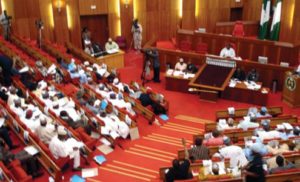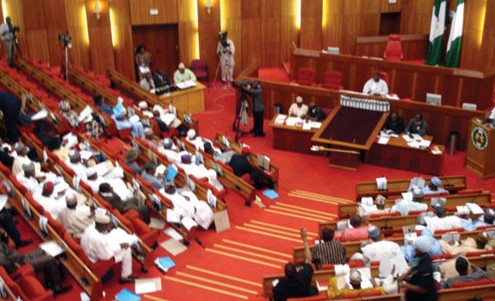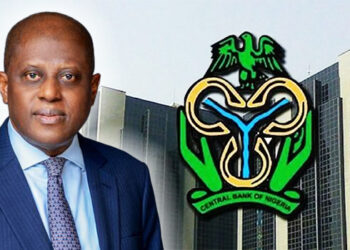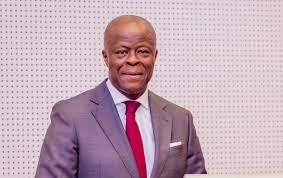
The Bank of Industry (BoI) yesterday vehemently kicked against Senate bid to establish the National Development Bank of Nigeria (NDBN) to replace it.
The National Development Bank of Nigeria, which went through public hearing on Monday, seeks to repeal the BoI Act, Bank of Commerce and Industry and the National Economic Reconstruction Fund Act.
At the public hearing by Senate Committee on Banking, Insurance and Other Financial Institutions, Acting Managing Director of BoI, Waheed Olagunju, argued that the Bank as presently constituted is fulfilling the mandate envisage in the proposed legislation.
However, the Finance Ministry, Central Bank of Nigeria (CBN) and the Nigerian Deposit Insurance Corporation (NDIC) are fully in support of the proposed legislation.
Olagunju maintained that what was necessary was for government to provide BOI with more capital in order to further support the real sector instead of duplicating functions by creating a new Development Financial Institution (DFI).
Specifically, he said it is not in the best interest of Nigeria to destroy BoI and plunge from the known to the unknown.
“BOI should be provided with more capital to be able to further support the real sector instead of duplicating functions by creating new DFIs, bearing in mind that there had been failure of similar DFIs in the past such as NBCI, NERFUND, People’s Bank, Community Banks etc.
“We advise that the National Assembly should support industrialization by enacting legislation that would help create an enabling environment for business to thrive such as an amendment to Land Use Act, Tax incentives for SMES, establishment of industrial park. This would substantially address the demand side challenges of finance SMEs in Nigeria as vagaries of the business environment has been making the sector unattractive to private and public lenders,” he told the Rafiu Ibrahim-led panel.
However, the proposal at the upper legislative chamber is different from the Nigerian Development Bank set to commence in January 2016.
Making the distinction, Finance Minister, Kemi Adeosun, explained that while the Nigerian Development Bank is ‘purely private driven’, the National Development Bank of Nigeria “would be a retail bank owned by the people and government of Nigeria”.
But in order not to cause confusion amongst Nigerians, an official of NDIC, Kpelema Tarimo, called for the change of name of the National Development Bank of Nigeria.
Adeosun who was represented by a Director in Ministry of Finance, Christopher Gabriel, submitted that the Ministry strongly supports the draft bill, adding that the proposal is in tandem with economic reconstruction of the Federal Government.
In his submission, Godwin Emefiele, the CBN Governor, said the apex bank has no objection to the proposed bill, adding that the bill when passed into law will address the challenges facing the economy.
Represented by Okwu Nnanna, Deputy Governor in charge of Financial System in the apex bank, he said it will assist in rapid development of the country.
Nnanna said: “The ability of the proposed bank to act as a catalyst for a rapid development will depend on how much money they need to work with. Secondly, we also took a look at the structures being proposed and we will also ask distinguished senators to examine closely about the structure of the bank. Executive Directors, members of the Board should be predicated predominantly on competence and experience.
“On whether the proposed bank will assist in rapid development, we at the Bank believe help in this regard, provided we take proper cognizance of the capital requirements”.
He, however, warned that if the Bank is not capitalized properly at inception, it is programmed to fail.
“We are not opposed to whether the proposed bank will be one too many. As far as we are concerned, the more the merrier. Our entrepreneur, be it small, medium and large should be able to shop around. This will also introduce competition in the public space”.
In his opening remarks, Senate President Bukola Saraki said the National Development Bank of Nigeria (establishment bill) is one of those bills identified as crucial in expending access to finance opportunity to Nigerians.
Saraki appealed to stakeholder to present honest opinions on the issue at stake to the committee so that the problem affecting SME in Nigeria can be addressed.
The public hearing, he noted, is another avenue to seek intellectual and professional inputs from experts in the financial sector to query the framing of the bill.









